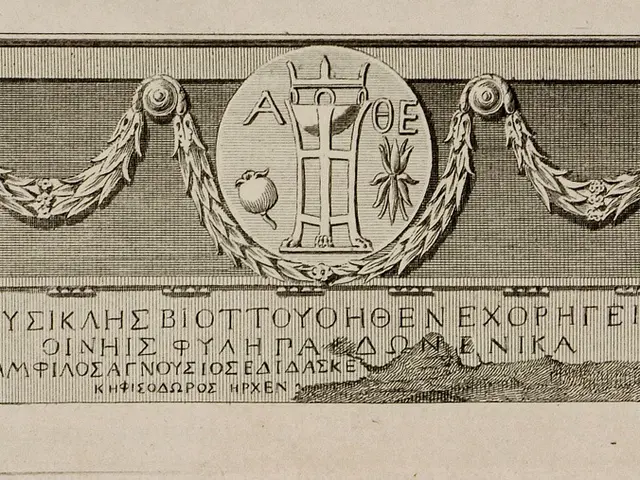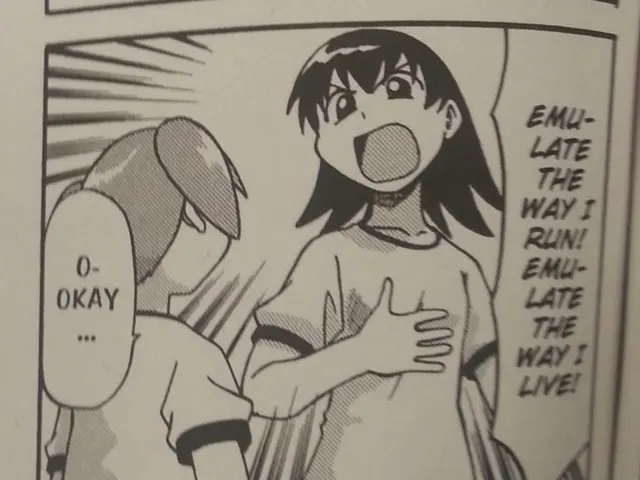Cinematic Examination: Ghanaian Director Chris Hesse's Film Portrays an Idealistic Tale, Highlighted by the Power of Movie Medium
In the world of filmmaking, Ben Proudfoot's latest production, "The Eyes of Ghana," has been garnering significant attention. The film, which focuses on the metaphorical eyes of Ghanaian filmmaker Chris Hesse, offers a captivating exploration of Hesse's life and work.
Hesse, a renowned figure in his 90s, served as the personal cameraman of Kwame Nkrumah, Ghana's first leader, in the 1950s and '60s. His films, which included extensive coverage of Nkrumah, were a testament to the unique appeal of cinema in Ghana during that era.
The film evokes a poignant note about the grandeur of cinema in the past, contrasted with its current status. It's during the best passages that it calls back to the nostalgia of cinema as a revered art, a time when it was more than just entertainment.
Hesse and Nkrumah developed a unique bond, with Nkrumah using a walking stick to signal Hesse what to shoot. However, Hesse's films were destroyed by Nkrumah's successors, but the negatives were stored in London.
"The Eyes of Ghana" also delves into the life of Anita Afonu, a student of Chris Hesse and a contributor to the film. Afonu presents a voice of a different generation, seeing Nkrumah as the dictator he became. Her perspective adds a layer of complexity to the narrative, offering a fresh perspective on the past.
The film also discusses Edmond Addo, the proprietor of a run-down outdoor cinema in Accra, as a potential venue for screening Hesse's work. This nod to the past, where cinema was a communal experience, adds a sense of nostalgia to the film.
Kwame Nkrumah, a figure of inspiration in Africa's quest for independence, is also prominently featured in the film. He called for "a united states for Africa" to make the continent a superpower, a dream that Hesse still carries with him today.
Despite the challenges Africa faces, such as ongoing conflicts in the Congo and war, famine, and ethnic cleansing in Sudan, Hesse remains hopeful that Nkrumah's dream of a united Africa will become a reality.
"The Eyes of Ghana" does not question whether Hesse's documentation of Nkrumah's rule was akin to propaganda, since it was all on his own terms. Instead, it invites the audience to listen to Hesse's stories with a gentle manner, making Hesse a fascinating protagonist throughout the film.
The film is not concerned with Hesse's health but his work. However, it does reveal that Hesse is receiving news that he will lose his eyesight. Despite this, Hesse remains optimistic, a testament to his resilience and passion for his work.
The current residence of Anita Afonu, a significant character in the film, is not publicly available. This adds a sense of mystery to the film, inviting the audience to delve deeper into the lives of these characters.
In conclusion, "The Eyes of Ghana" is a thought-provoking film that offers a unique perspective on the past, present, and future of cinema in Ghana. It's a must-watch for anyone interested in film, history, or African politics.








